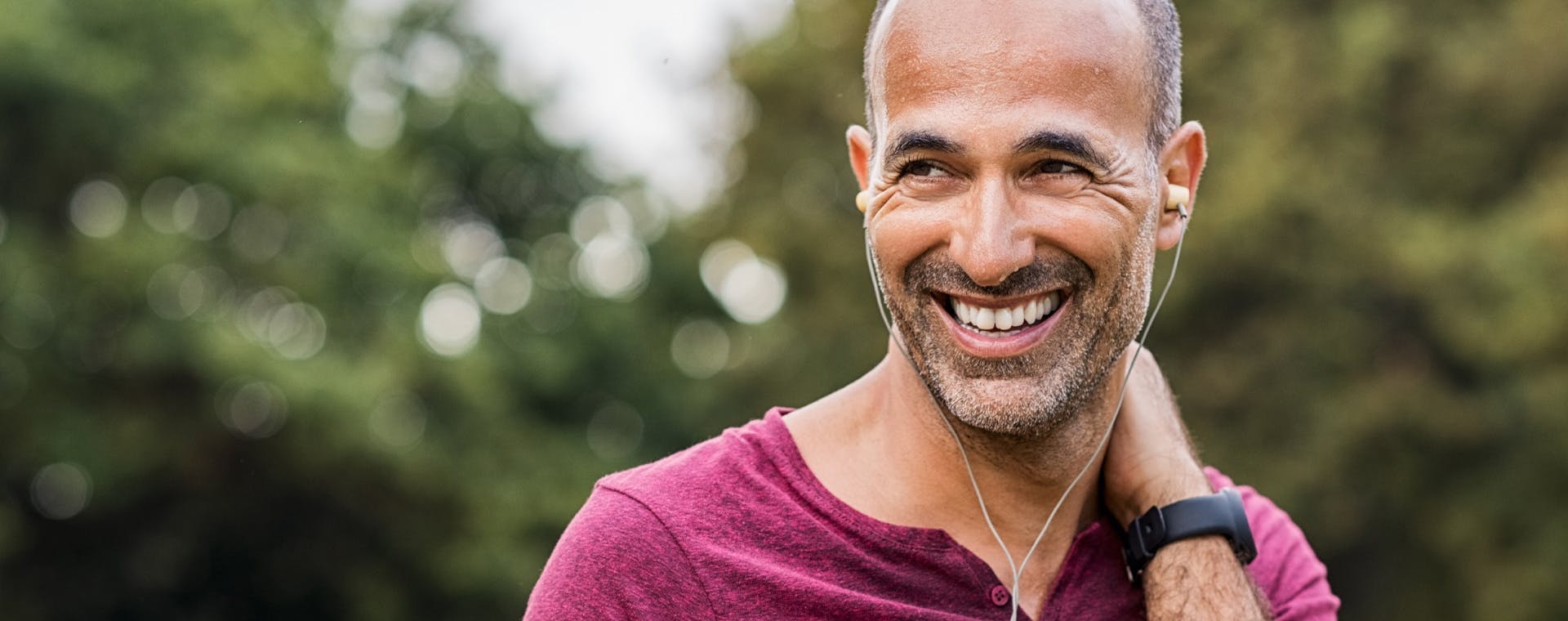Serious injuries can have lasting effects on your lifestyle. Adapting to these changes takes time and often involves finding the right support from local and national services. The resources below can help you manage day-to-day challenges, make adjustments at home and maintain your independence as you move forward after your claim.
Home and lifestyle adjustments
If your injury has caused a lasting disability, you can explore further ways you can adapt your home and daily routine to make your life as comfortable as possible. Local councils in the UK offer Disabled Facilities Grants to help fund home adaptations. An occupational therapist can assess your home and recommend modifications or equipment to aid in daily living. Consider simple adaptations too - ergonomic furniture, kitchen tools for one-handed use if an arm is injured, or voice-activated devices if mobility is an issue. These changes can significantly improve your independence and quality of life.
Local community services
Don’t overlook what might be on your doorstep. Many local communities have rehabilitation centres, accessible sports clubs or arts and hobby groups for people with disabilities or injuries. Engaging in hobbies, exercise or social meetups can greatly boost your long-term wellbeing. Your GP or local council should be able to point you to a directory of community services. The NHS’s Social care and support guide is an excellent starting point for finding support for day-to-day living after an injury.
Legal support for the future
Sometimes, even after a claim is resolved, other legal matters can arise. You might need to update your will to reflect your compensation and any changes to your financial situation. If you’ve set up a personal injury trust, questions may come up later about how it’s managed or accessed. You may also find yourself treated unfairly by an employer, service provider or organisation because of your injury or ongoing medical needs - in which case, legal advice from our employment law team can help you challenge that discrimination. We’re a full-service law firm, so if you need any type of legal advice in the future - whether related to your injury or something new - you can come back to us.




















